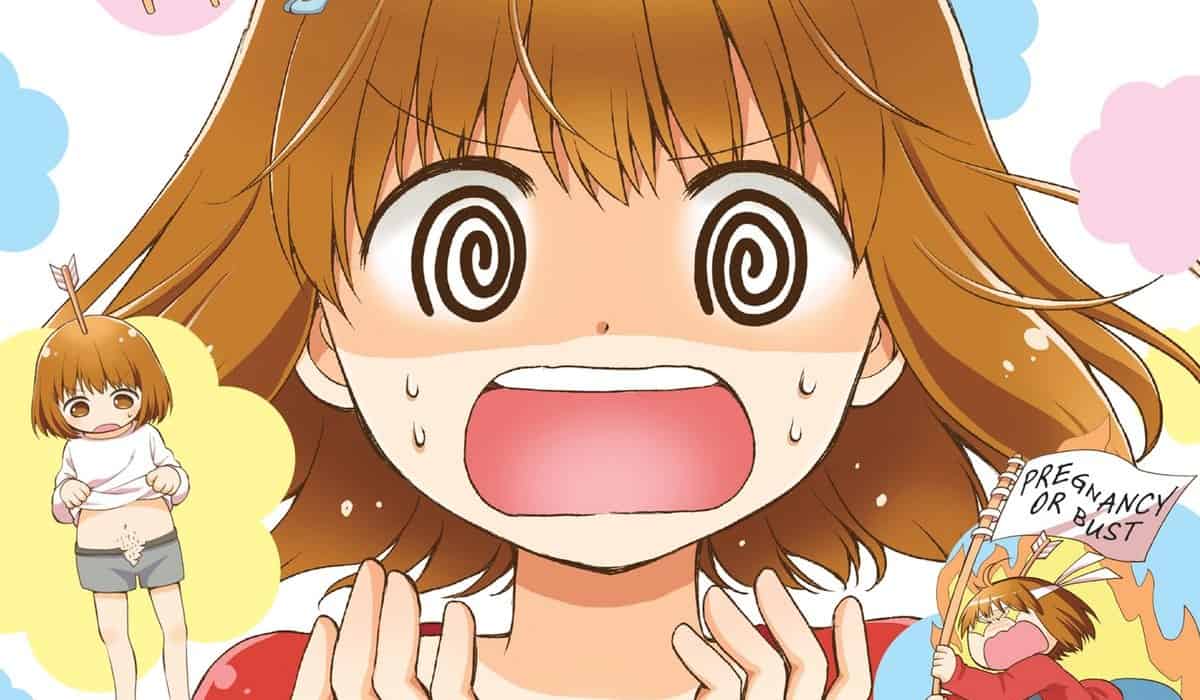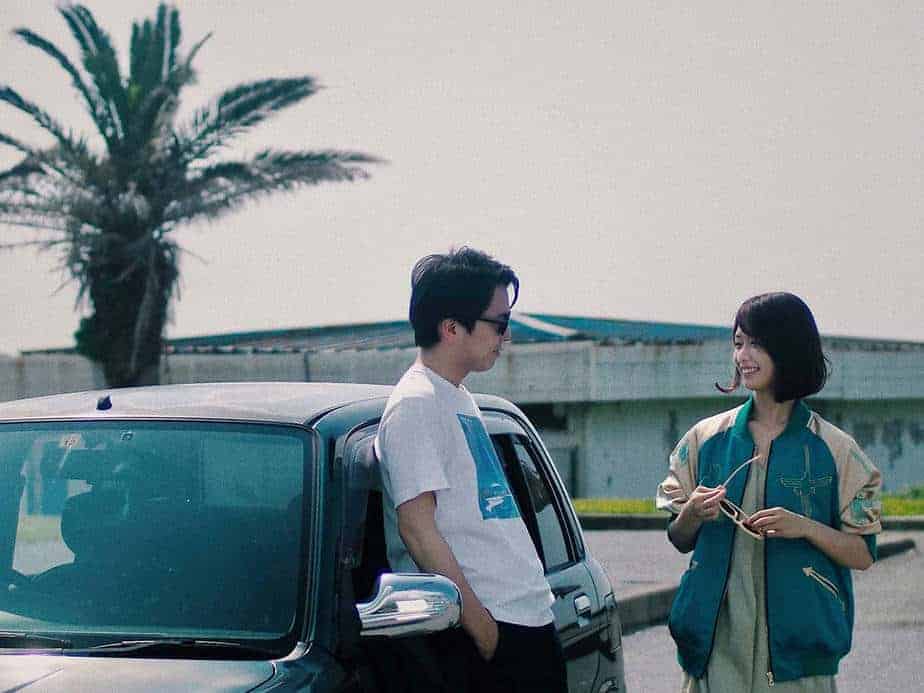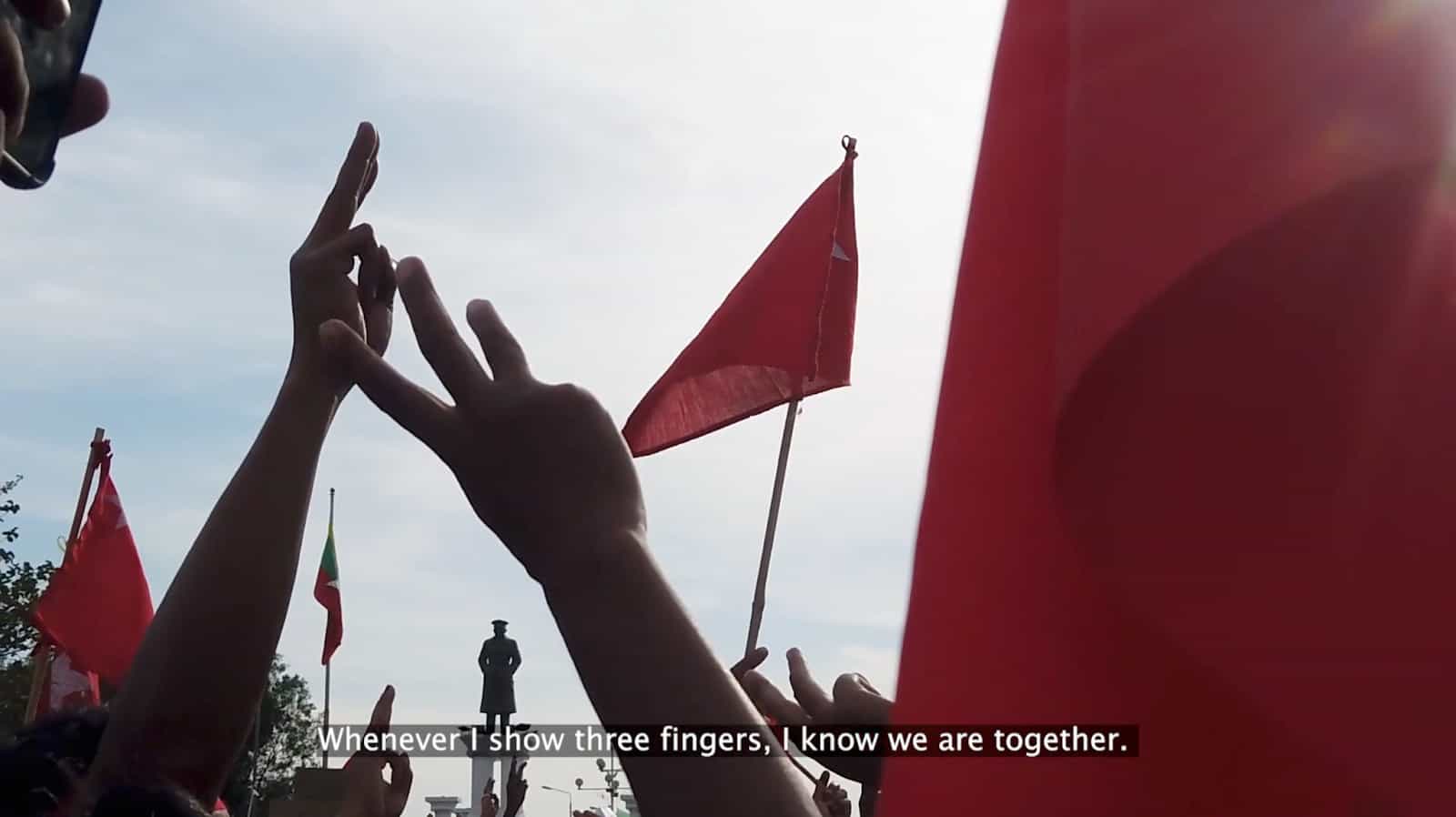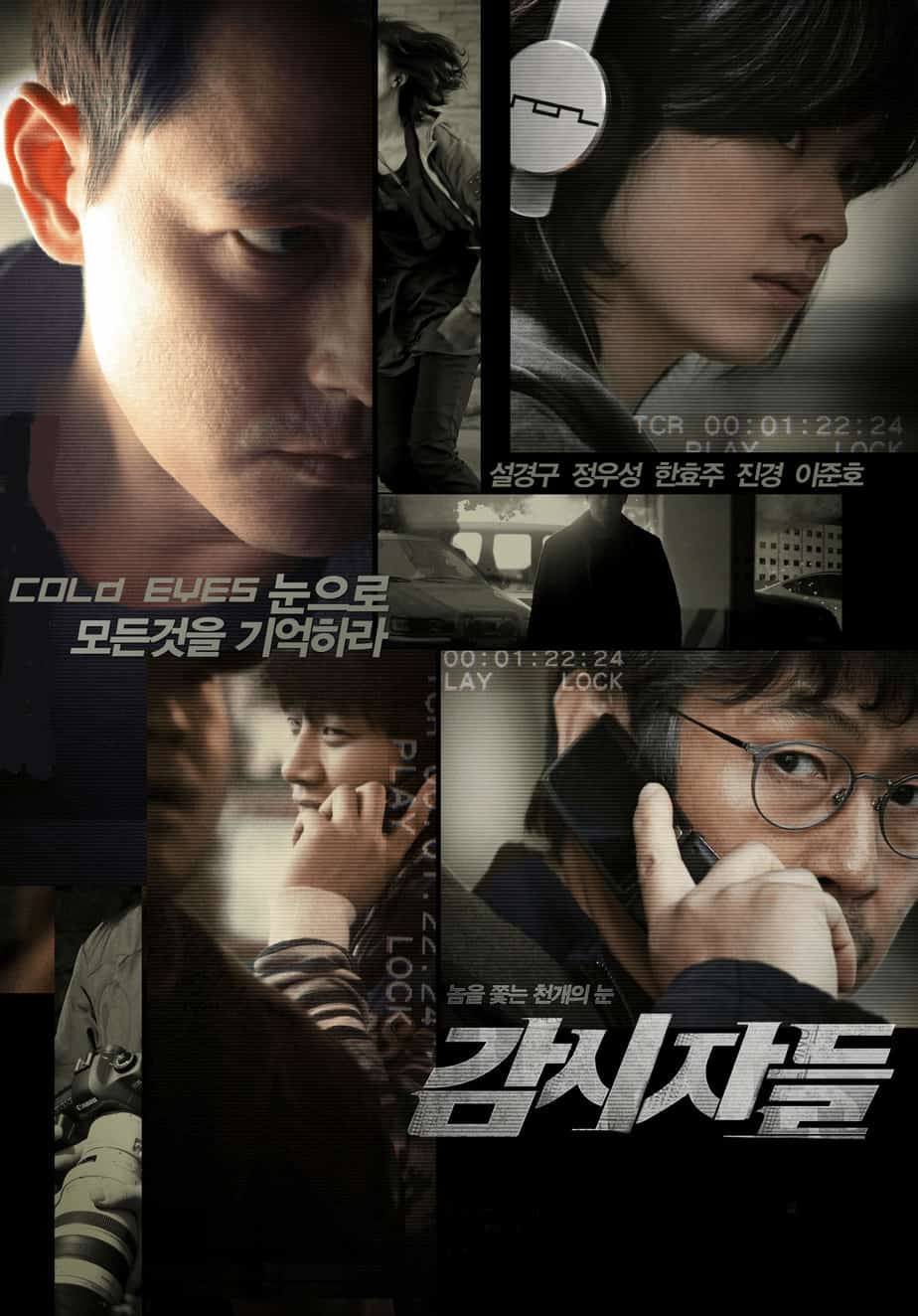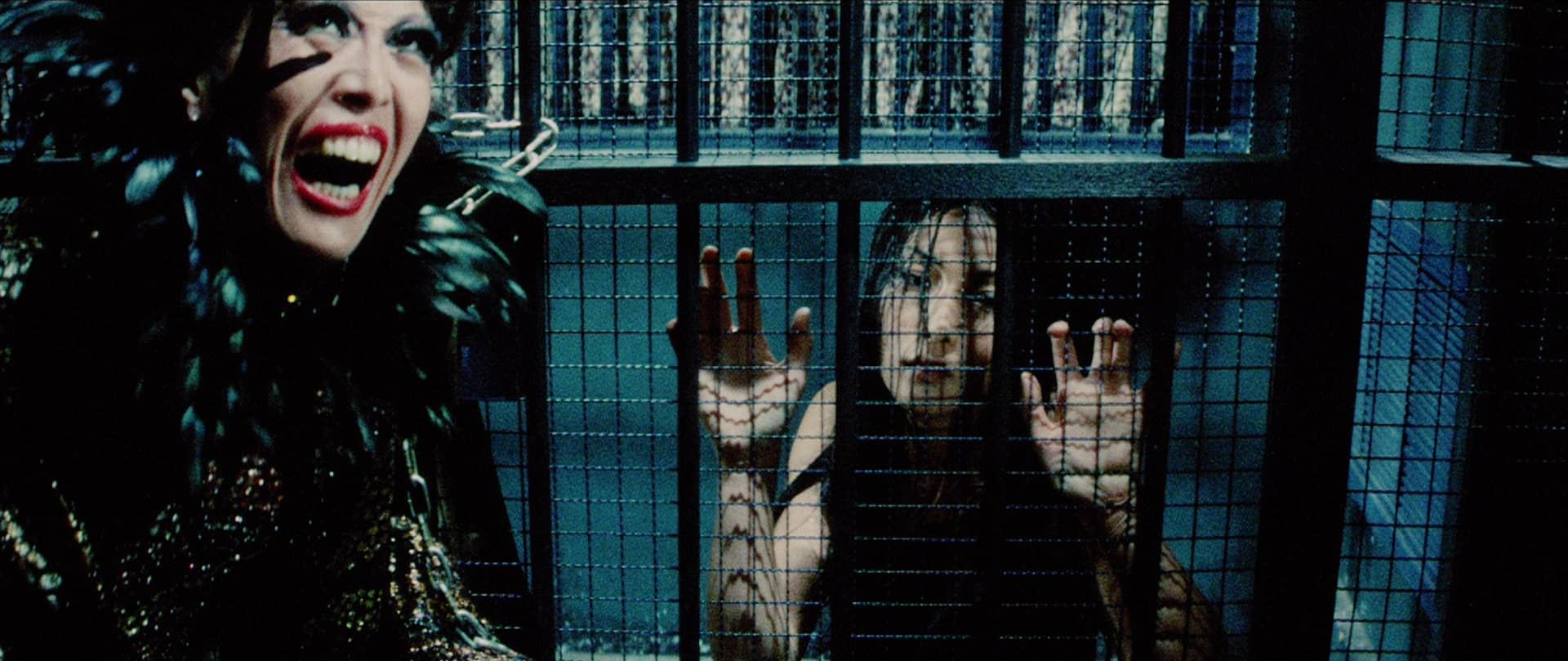Although the vast plethora of Japanese dramas dealing with dysfunctional families has offered a number of contemporary masterpieces, I always found a fault in the majority of these movies; they tend to lag, particularly near the end, somewhat overextending their welcome. Actor (Meatball Machine Kodoku, Re:Born, Shin Godzilla, 13 Assassins) turned director Takumi Saitoh presents a film, in his feature debut, that takes care of this “fault”, in an effort that netted him the Fantaland Audience Award in Yubari and the Best Director in the Asian New Talent Award section in Shanghai.
Blank 13 is screening at Japan Cuts 2018

The film is based on the true story of broadcast writer Koji Hashimoto, revolves around a family of four and unfolds it two different timelines, with the intro credits (that appear during the middle of the movie, per the latest tendency in Japanese cinema) providing the dichotomy between past and present, although some flashbacks are also included.
Masato Matsuda is the father, a total loser who spends his time gambling and building up debt, with the debtors paying frequent visits to his small apartment, demanding their money and “torturing” the rest of the family, that includes his wife Hiroko, and his two sons, Yoshiyuki, the elder, and Koji. One day, Masato decides to leave his family completely, even strapping them with a debt that forces the two children to work to sustain the family.
The second axis takes place in the present and shows Masato's funeral, which includes a number of odd guests that share their experiences with him. Additionally, through flashbacks, the story goes some months before, when the family learned that Masato is in the hospital, suffering from terminal cancer, and Koji decides to pay a visit.

Takumi Saitoh directs a movie that benefits the most from the narrative, with him implementing the different timelines and the flashbacks in a way that is quite entertaining, while “filling” the story with events, thus managing to present a compact film in just 70 minutes, stripped of any unnecessary scenes.
Through this tactic, he presents a number of social comments regarding the way families work (or do not work in this case), although his main message regards the concept of the “you never know someone completely.” This last aspect is delightfully portrayed during the funeral scene, where a number of “misfits” highlight a side of Masato his family never knew, thus turning upside down their general opinion of him, to a point at least. This sequence is the funniest in the film, highlighting the peculiar, but rather enjoyable Japanese sense of humor.
Saitoh also makes a point of showing the difference in the way the two brothers deal with their father, with Yoshiyuki succeeding in putting all of his memories behind, while Koji tries to retain the only good memory he has of him. At the same time, the behaviour of the mother highlights the difference in dealing with such a man when your relationship with him was a choice rather than not, as in the case of the children.

In another minor comment, Saitoh seems to comment on the idea that a person's life worth is measured in the number of people attending his funeral, in a concept again portrayed with much humor, only to be completely shuttered through the funeral sequence and a minor scene involving the guests of the next-door ritual.
The acting is on a very high level, complementing the narrative in the best way. Issei Takahashi is exceptional as Koji, the son who cannot forget neither the good nor the bad times with his father, while the scenes where he lets his frustration erupt in baseball are among the highlights of his performance. Takumi Saitoh himself as Yoshiyuki has a more reserved role, highlighting his character's effort to be indifferent. Lily Franky (who seems to be everywhere) is also great as Masato, again proving his expertise in portraying misfits and lowlifes, who are not inherently evil, though. Misuzu Kanno as Hiroko portrays a regretful and somewhat bitter woman quite convincingly, while Jiro Sato is great as a key guest in the funeral, in a very funny performance.

The production values follow the regular path of the Japanese family drama. Shin Hayasaka's camera has captured the various locations in Tokyo Tochigi and Shizuoka quite nicely, focusing on realism but not forgetting to include some images of beauty, while emitting a general sense of nostalgia. The scene with the mother standing by the window and the one in the hospital's rooftop are his highlights, particularly due to the way the psychology of the characters is depicted. The editing is also exceptional, as it manages to keep the various timelines from becoming confusing, with the way the different scenes are connected adding much to the impact of the narrative and the overall entertainment the movie offers.
“Blank 13” is a great debut, a film that transcends the Japanese family drama by “fixing” its inherent faults, and a very entertaining movie overall.



